Creatine Demystified:
What is Creatine?
Creatine is a naturally occurring compound found in small amounts in certain foods and produced by our bodies. It plays a crucial role in energy production, especially during high-intensity activities like weightlifting or sprinting. While creatine is often associated with men and bodybuilders, it’s a supplement that everyone can benefit from, including women.
Why Should Women Care About Creatine?
Creatine isn’t just for men aiming to bulk up. Women can also experience numerous benefits from using creatine, such as increased strength, enhanced endurance, and faster muscle recovery. Imagine having more energy for those intense workout sessions or feeling less sore after pushing yourself hard at the gym. That’s what creatine can help you achieve.

Benefits for Women:
Improved Strength
One of the standout benefits of creatine for women is improved strength. Whether you’re a seasoned athlete or someone just starting their fitness journey, creatine can help you lift heavier weights and perform better in resistance training. For example, if you usually struggle with the last few reps of your set, creatine can give you that extra boost to push through.
Enhanced Endurance
Creatine isn’t just for strength; it also boosts your endurance. This means you can run longer, swim further, or engage in any form of cardio with greater stamina. Picture this: you’re running a 5K and, thanks to creatine, you find yourself maintaining a steady pace without feeling overly exhausted halfway through.
Faster Muscle Recovery
Nobody enjoys feeling sore for days after a tough workout. Creatine aids in faster muscle recovery, allowing you to get back to your routine with less downtime. This is particularly beneficial if you’re someone who likes to maintain a consistent workout schedule without having to take prolonged breaks due to muscle soreness.

Why Creatine Matters for Women:
Debunking Myths:
Myth: Creatine is Only for Men
Many people believe that creatine is a supplement only men or bodybuilders use. This couldn’t be further from the truth. Creatine is beneficial for everyone, regardless of gender. Women can experience significant improvements in their fitness levels and overall health by including creatine in their routines.
Myth: Creatine Will Make Women Bulky
Another common myth is that creatine will make women bulky. This idea often discourages women from trying it. The reality is that creatine helps in gaining lean muscle mass, not bulky muscles. So, if you’re looking to tone up and get stronger, creatine is a great addition to your diet.

Scientific Backing:
What Does Science Say?
There’s a wealth of scientific evidence supporting the benefits of creatine for women. Studies show that creatine can enhance performance in high-intensity workouts. It can also help with muscle recovery, making it easier to stick to a regular exercise routine.
A Study on Women Athletes
One study conducted on female athletes found that those who took creatine had better muscle strength and endurance compared to those who didn’t. These women could lift heavier weights and had more energy during their workouts.

How Creatine Works:
Creatine helps by increasing the availability of ATP (adenosine triphosphate), the energy currency of the cell. More ATP means more energy during your workouts. This can translate to better performance and quicker recovery times, making it an excellent supplement for anyone looking to enhance their fitness.
Types of Creatine:
Monohydrate vs. Others:
Monohydrate: The Classic Choice:
Creatine monohydrate is the most well-known and widely used form of creatine. It has been extensively studied and proven effective for improving strength, endurance, and muscle recovery. Most importantly, it’s affordable and easy to find.
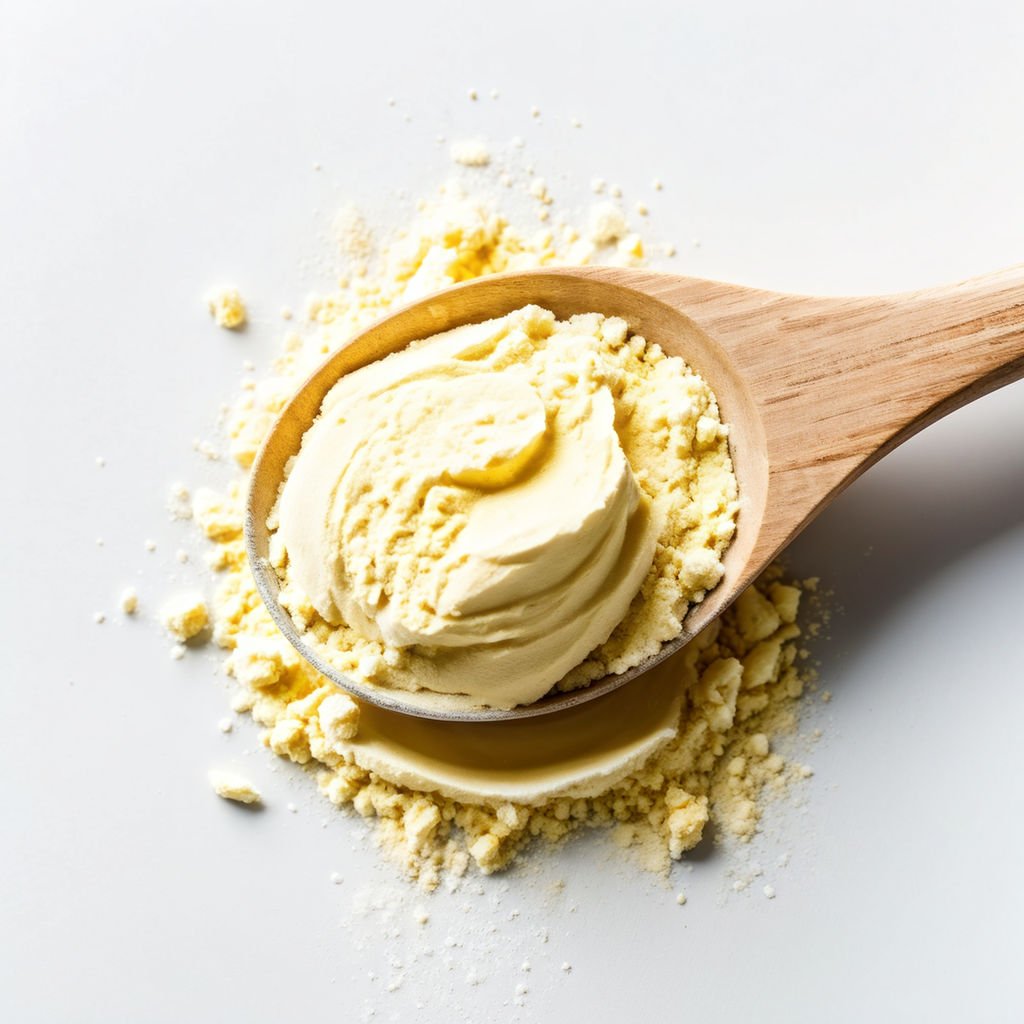
Other Types of Creatine:
Apart from monohydrate, there are other forms of creatine available. Each type has its unique features, and choosing the right one can depend on your personal preferences and goals.
Creatine Hydrochloride (HCL):
Known for its better solubility and absorption, creatine HCL is less likely to cause stomach discomfort. If you’ve had digestive issues with monohydrate, this might be a good alternative.
Creatine Ethyl Ester:
This form is touted for its rapid absorption and is often marketed as being more effective in smaller doses. However, research is mixed on its superiority over monohydrate.
Buffered Creatine:
Also known as Kre-Alkalyn, this type is designed to reduce the breakdown of creatine in the stomach, potentially making it more effective at lower doses.
Tailoring Choices:
Finding the Right Type for You
Choosing the right type of creatine can seem overwhelming, but it doesn’t have to be. Think about what matters most to you. If cost and proven results are your top priorities, creatine monohydrate is a safe bet.
Example:
Emma, a fitness enthusiast, started with creatine monohydrate and found great results in her strength training. However, she experienced mild stomach discomfort. After switching to creatine HCL, she enjoyed the same benefits without any digestive issues.

Consider Your Goals:
If you’re aiming for quicker absorption and less bloating, you might prefer creatine HCL or buffered creatine. On the other hand, if you’re looking for the most studied and cost-effective option, stick with creatine monohydrate.
Personal Preferences Matter:
Remember, everyone’s body reacts differently to supplements. It might take some trial and error to find the type that works best for you. Start with the basics, see how your body responds, and then consider trying other forms if necessary.

Dosage and Timing:
Recommended Dosages:
How Much Creatine Should Women Take?
When it comes to taking creatine, the recommended dosage for women is quite straightforward. Most experts suggest starting with a loading phase, where you take 20 grams per day for 5-7 days. This phase helps saturate your muscles with creatine. After the loading phase, switch to a maintenance dose of 3-5 grams per day.
Example:
Let’s say you’re starting your creatine journey. For the first week, you can take 5 grams of creatine four times a day. After this initial phase, you just need to take 3-5 grams once a day to maintain the benefits.
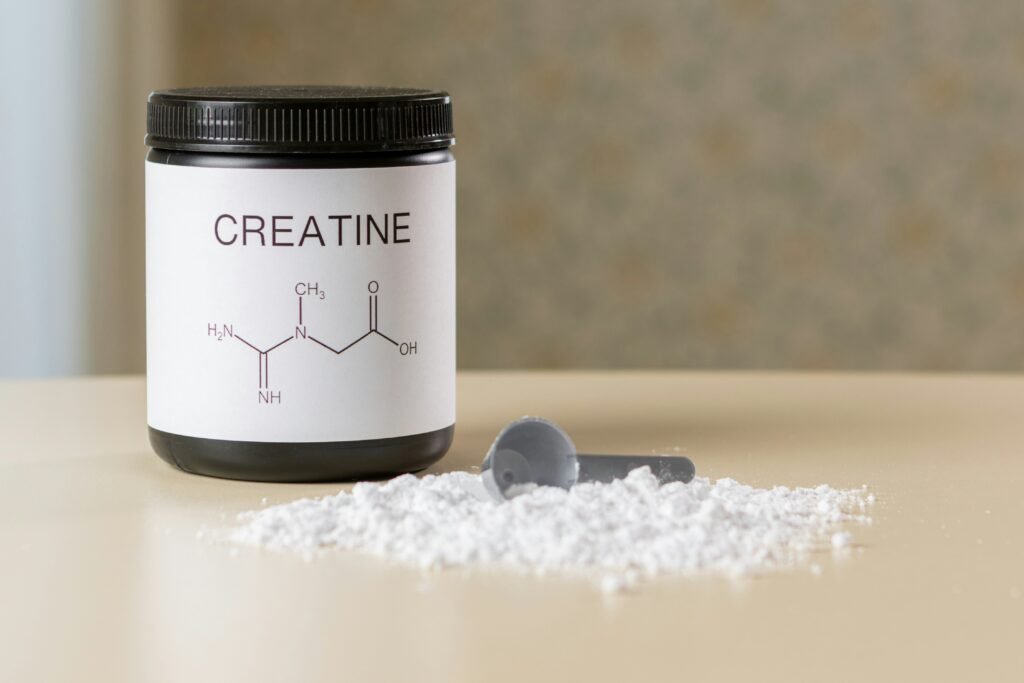
Why Follow These Guidelines?
Following these guidelines helps ensure that your muscles are fully saturated with creatine, allowing you to experience the maximum benefits. Overloading your system won’t provide extra benefits and might lead to unnecessary side effects like stomach discomfort.
Strategic Timing:
When to Take Creatine:
Timing your creatine intake can be just as important as the dosage. There are a few popular strategies:
1. Pre-Workout:
Taking creatine before your workout can help you feel more energized and ready to tackle your exercises. It’s like giving your body a little boost right when you need it most.
Example:
If you usually work out in the morning, try mixing your creatine with your pre-workout drink or just water about 30 minutes before you hit the gym.
2. Post-Workout:
Some people prefer taking creatine after their workout to aid in recovery. This can help replenish the creatine stores that were used up during exercise.
Example:
After an intense workout, you can mix your creatine with your protein shake to help your muscles recover faster and more effectively.

3. Anytime:
For those who want simplicity, taking creatine at any time of the day works just fine. The key is consistency. As long as you’re taking it daily, your muscles will stay saturated.
Example:
If you have a busy schedule, just find a time that works best for you. Maybe it’s first thing in the morning with your breakfast or in the evening before bed.

Safety and Side Effects:
Is Creatine Safe for Women?
Yes, creatine is generally safe for women when taken as recommended. It’s one of the most researched supplements out there. Numerous studies have shown that creatine is not only effective but also safe for long-term use.
Example:
Think of creatine as similar to protein supplements. Just as protein helps build muscle and recover, creatine supports energy production and muscle performance. When taken in appropriate doses, it’s a reliable supplement to add to your routine.
Why is Creatine Safe?
Creatine is a substance your body naturally produces and stores in muscles. By supplementing with creatine, you’re just increasing those stores to support higher intensity workouts. This natural aspect contributes to its safety profile.
Potential Side Effects:
What Are the Common Side Effects?
While creatine is safe, some people might experience mild side effects. The most common ones include stomach discomfort, bloating, and cramping. These usually happen when you take too much creatine at once.
Example:
Sarah, who started taking creatine, initially experienced some bloating. She adjusted her intake by splitting the dosage throughout the day, which alleviated the discomfort.

How to Mitigate Side Effects
Start Slow: If you’re new to creatine, start with a smaller dose and gradually increase it. This can help your body adjust and reduce the chances of experiencing side effects.
Stay Hydrated: Creatine pulls water into your muscles, so drinking plenty of water can help prevent dehydration and related side effects.
Take with Food: Mixing creatine with a meal or a snack can reduce stomach discomfort.
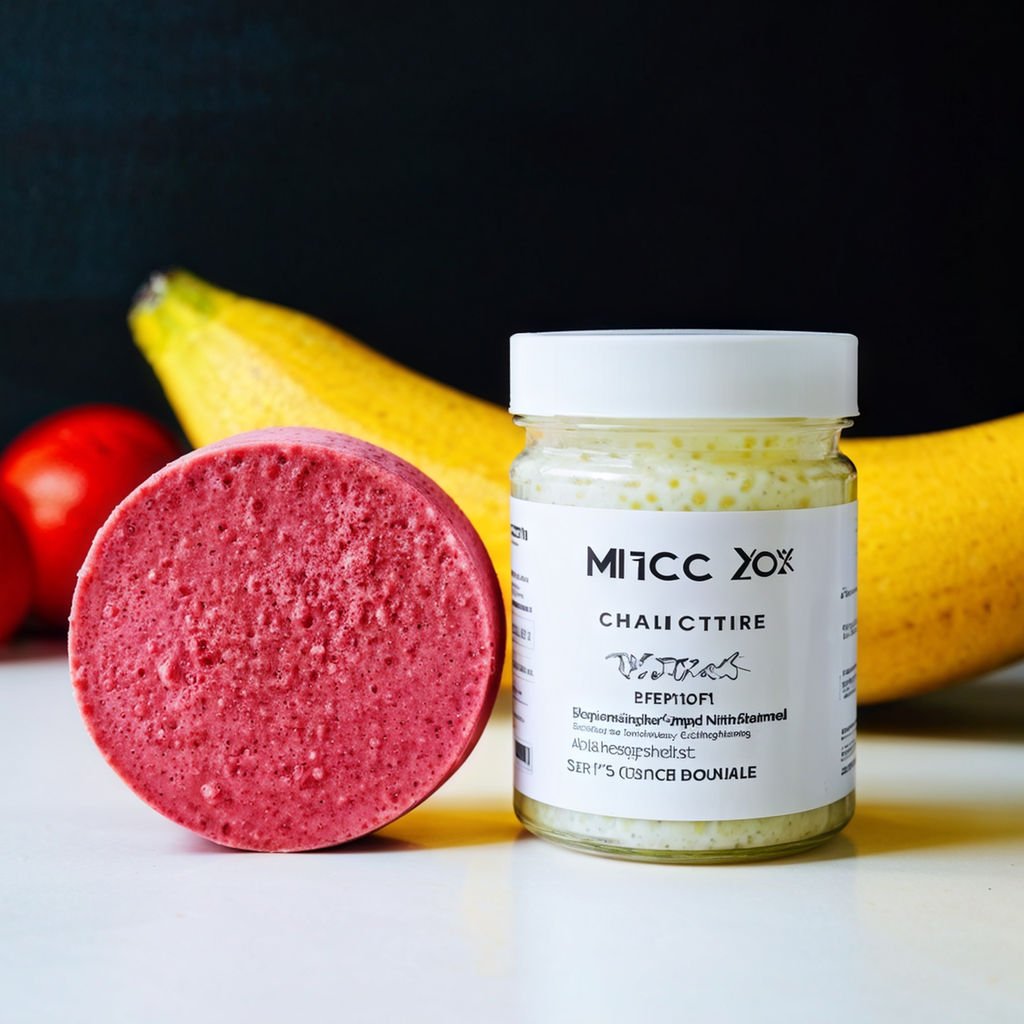
When to Seek Advice
If you have any pre-existing medical conditions or concerns about taking creatine, it’s always a good idea to talk to your healthcare provider first. They can offer personalized advice and ensure it’s a good fit for you.
Top Creatine Brands for Women:
Brand Spotlight:
Choosing the Right Creatine Brand
When it comes to supplements, quality matters. Picking a reputable brand ensures you’re getting a pure and effective product. Here are some top creatine brands that are known for their quality and reliability.
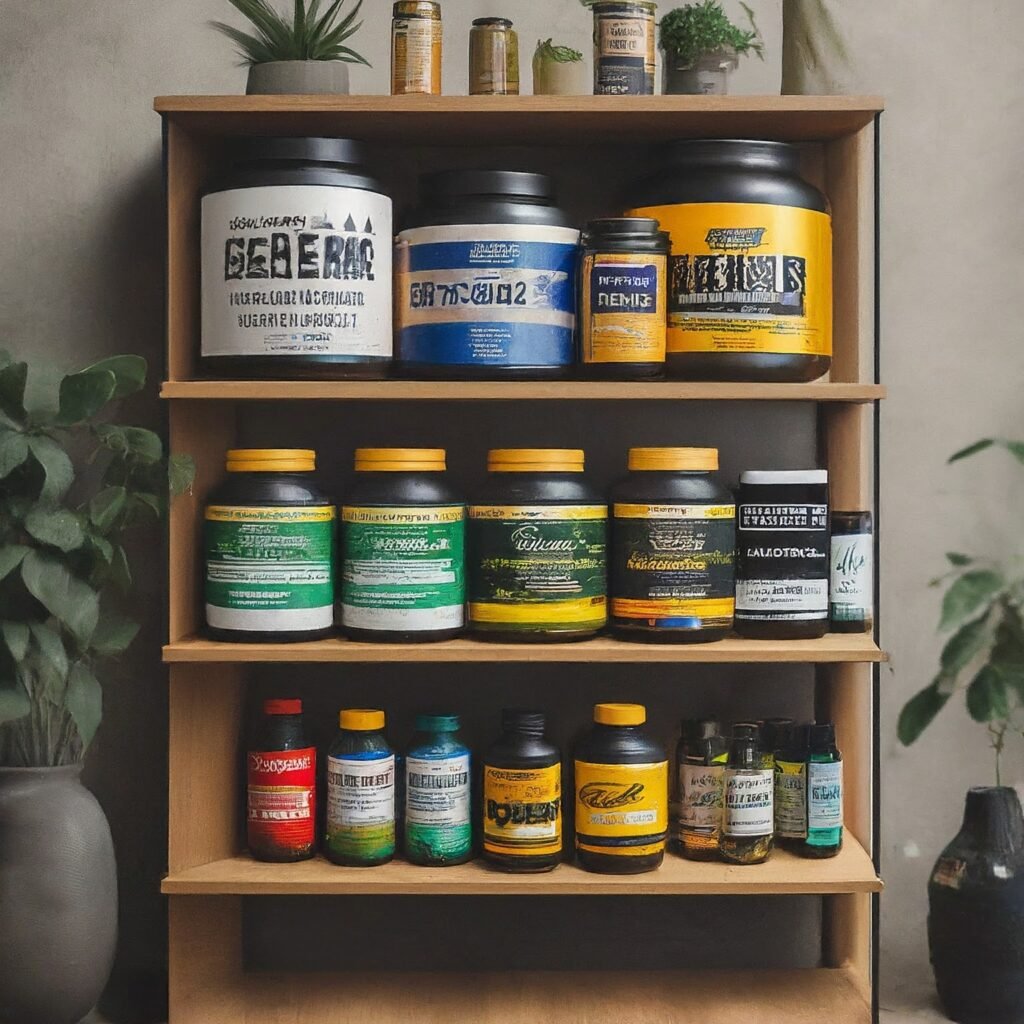
Product Offerings:
1. Optimum Nutrition Micronized Creatine Monohydrate:
Optimum Nutrition is a well-respected brand in the fitness world. Their micronized creatine monohydrate is a popular choice because it’s easy to mix and has a good absorption rate. Many users appreciate its effectiveness and the fact that it doesn’t cause bloating.
Example:
Emma, who loves strength training, swears by Optimum Nutrition’s creatine. She finds it mixes well with her post-workout shake and helps her recover faster.
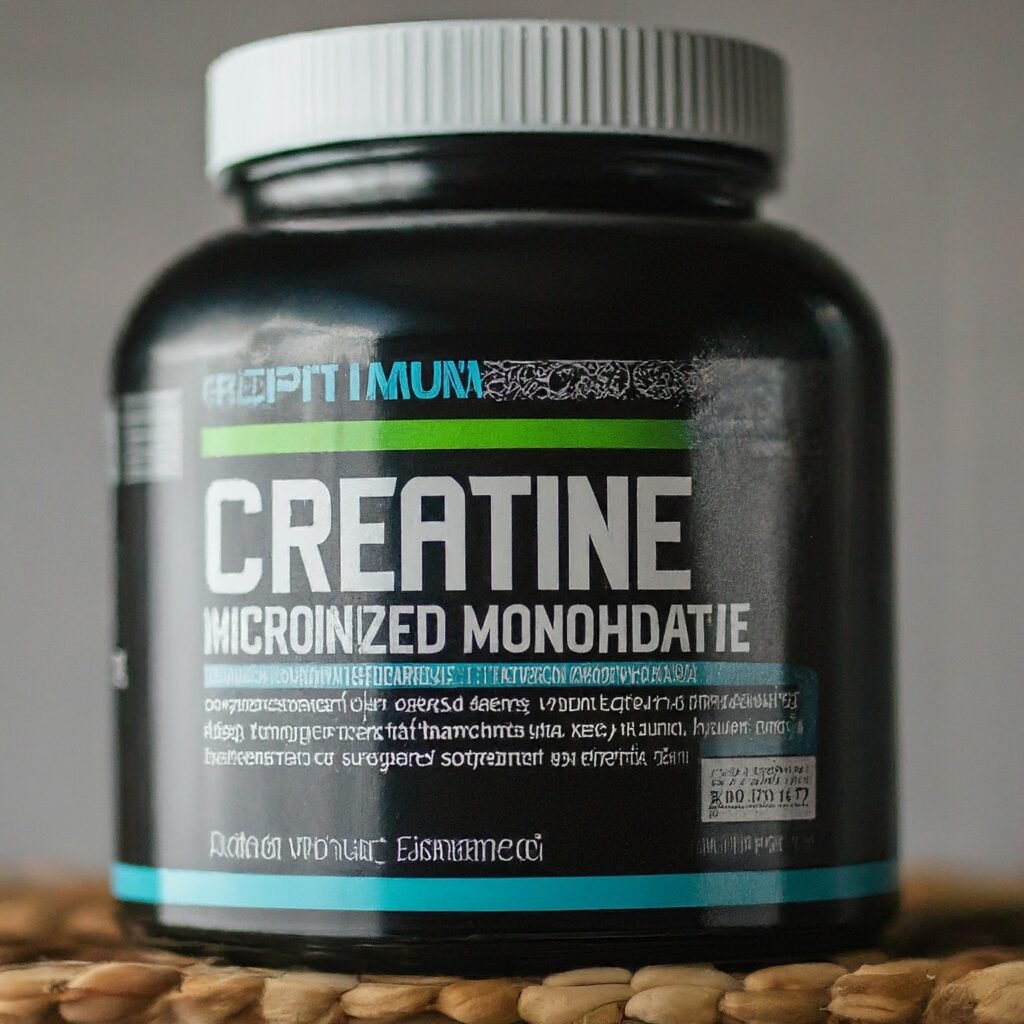
2. MuscleTech Platinum Creatine
MuscleTech offers a high-quality creatine monohydrate that is HPLC-certified for purity. This ensures you’re getting a product free from contaminants. It’s a great option for those looking to boost their strength and endurance.
Example:
Sara, a marathon runner, uses MuscleTech Platinum Creatine. She loves how it helps her maintain energy levels during her long runs and aids in muscle recovery.
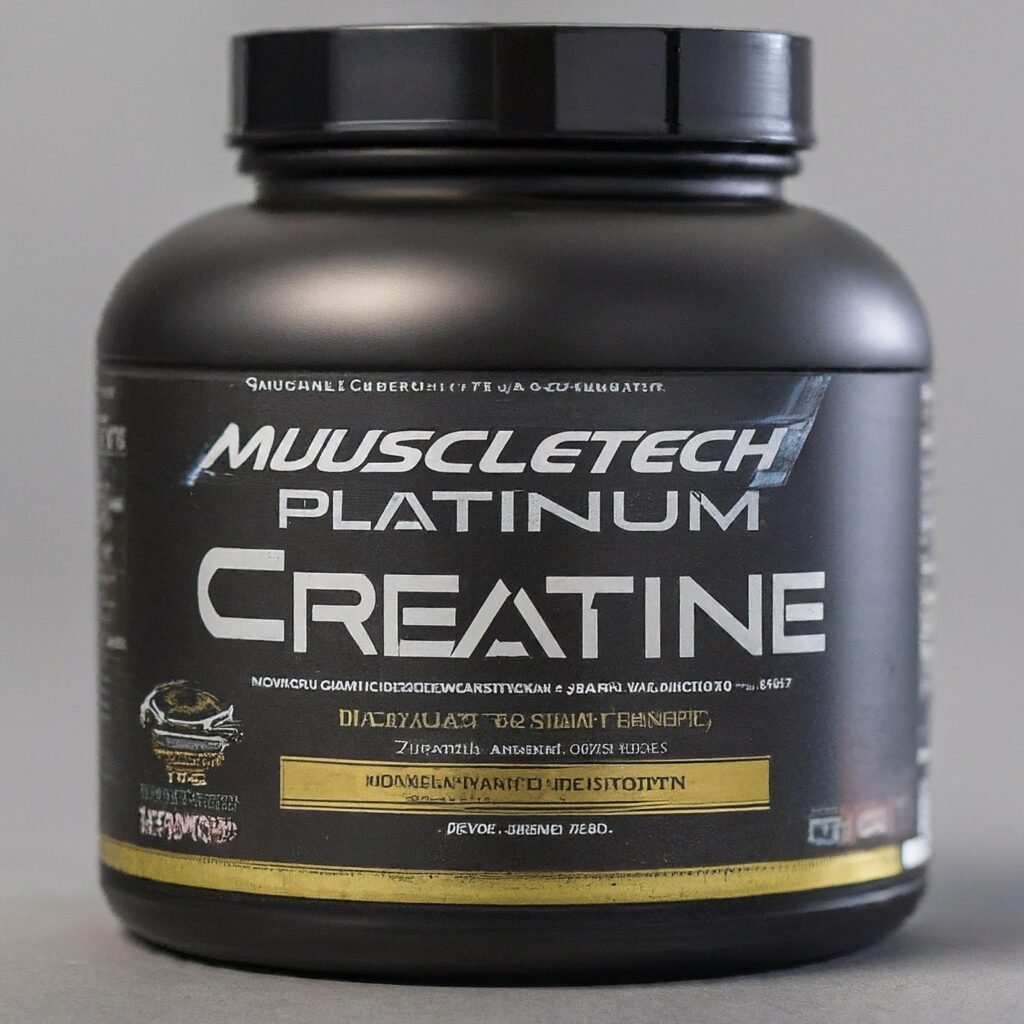
3. Cellucor Cor-Performance Creatine
Cellucor is known for its effective and scientifically backed products. Their Cor-Performance Creatine is no exception. It’s designed to increase muscle strength and improve performance, making it a favorite among fitness enthusiasts.
Example:
Lisa, who enjoys CrossFit, finds that Cellucor Cor-Performance Creatine gives her the boost she needs during intense workouts. It’s her go-to for enhancing her performance.
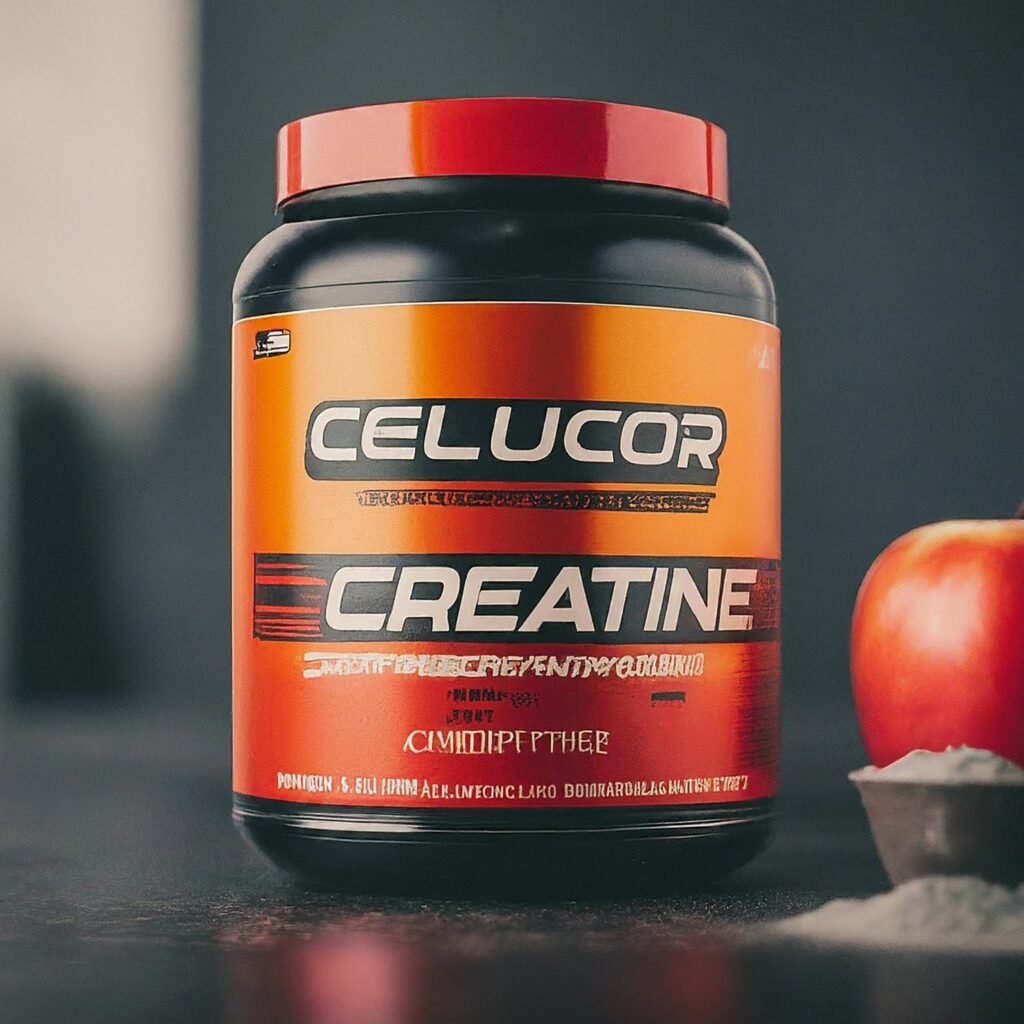
4. BulkSupplements Creatine Monohydrate
If you prefer buying in bulk, BulkSupplements offers high-quality creatine monohydrate at a great price. Their product is lab-tested for purity, ensuring you get a clean and effective supplement.
Example:
Amanda, a budget-conscious college student, prefers BulkSupplements Creatine. She appreciates the cost-effectiveness and the fact that she can buy it in larger quantities.
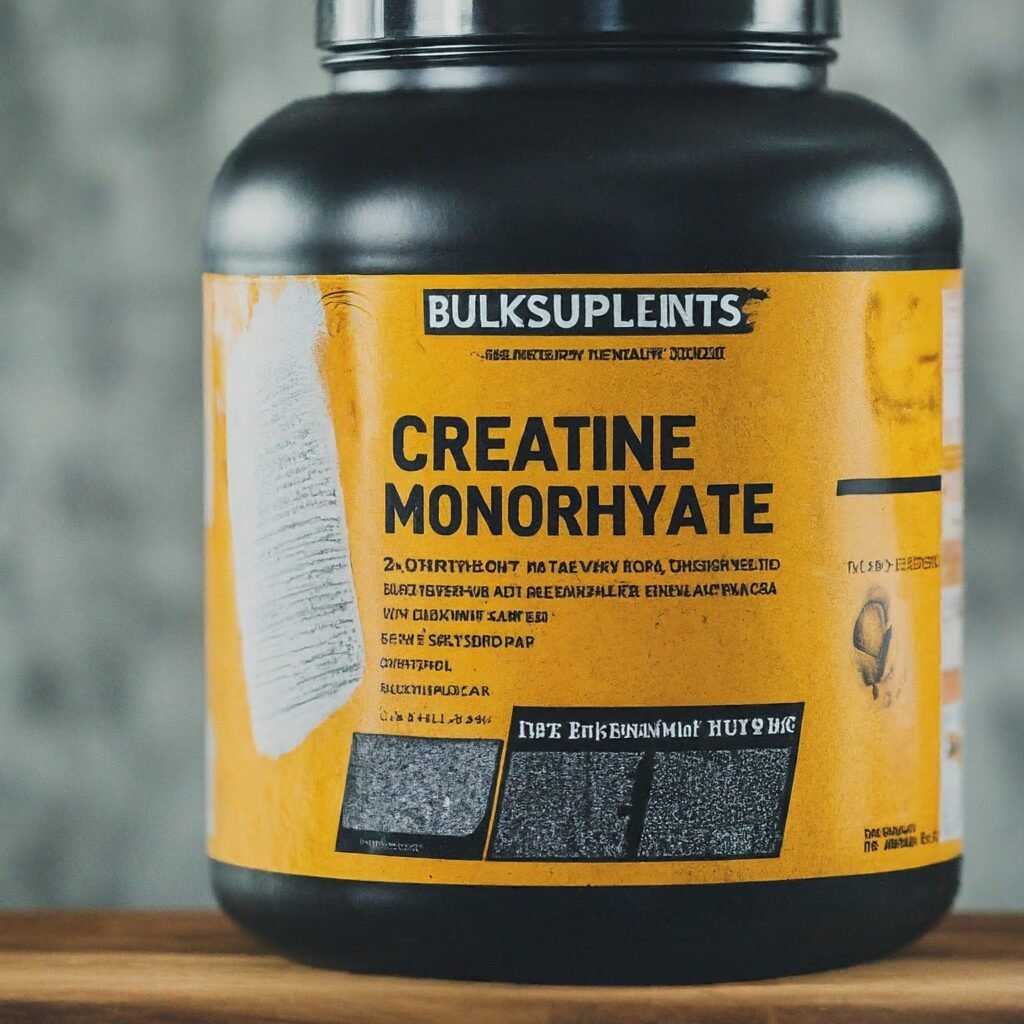
5. Transparent Labs StrengthSeries Creatine HMB
For those looking for something a bit different, Transparent Labs offers a creatine HMB blend. HMB (Beta-Hydroxy Beta-Methylbutyrate) helps prevent muscle breakdown, making this product ideal for those who push their limits in the gym.
Example:
Olivia, who competes in bodybuilding, uses Transparent Labs StrengthSeries Creatine HMB. She finds it helps her maintain muscle mass while cutting weight for competitions.
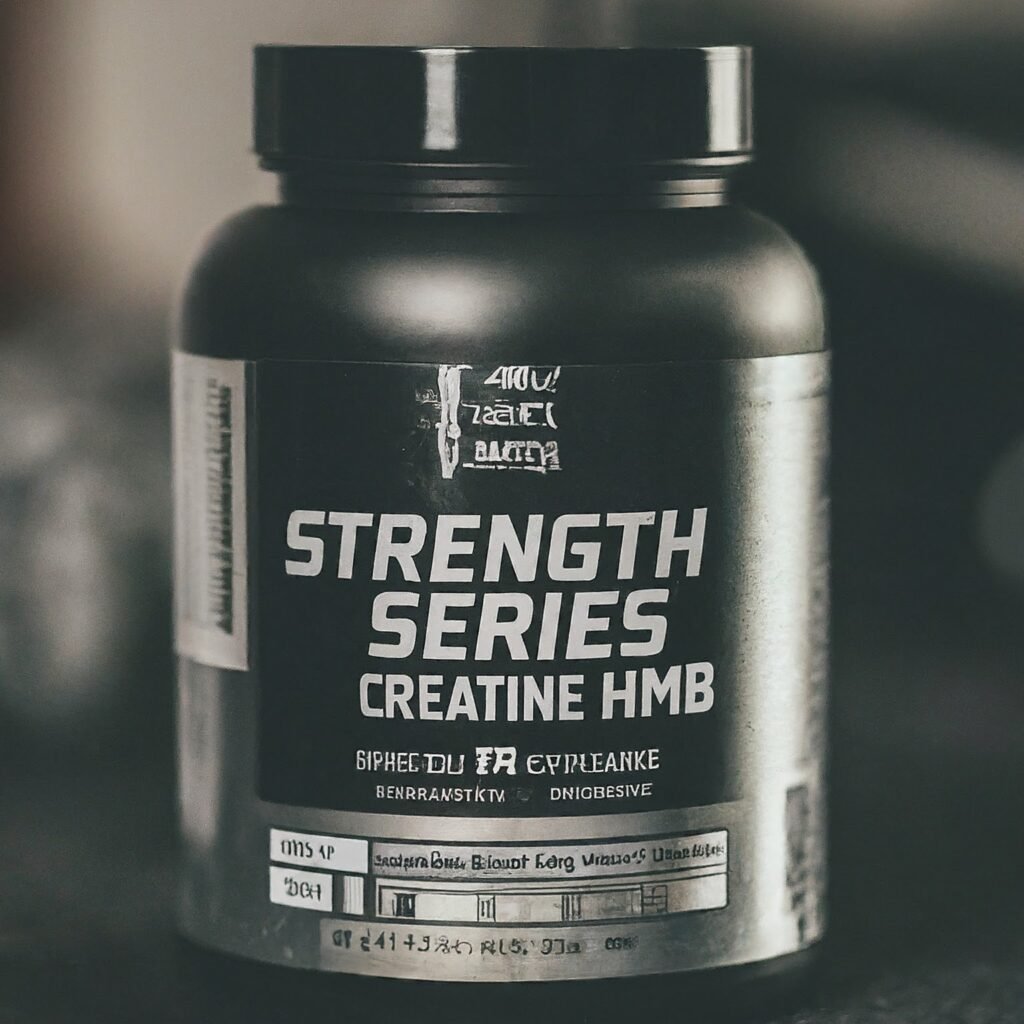
User Experiences and Testimonials
Real-Life Stories:
Hearing from Real Women
One of the best ways to understand the benefits of creatine is by hearing from women who have used it. Their experiences can provide insights and inspiration for your own fitness journey.

Relatability:
Emma’s Strength Training Journey:
Emma is a 32-year-old mom who loves strength training. She started using creatine monohydrate to help improve her workouts. Within a few weeks, she noticed significant gains in her strength and endurance. “I can lift heavier weights now, and I feel more energized during my workouts,” says Emma. She found that taking creatine before her workouts gave her the boost she needed.
Sarah’s Running Success:
Sarah, a 25-year-old marathon runner, was initially skeptical about using creatine. However, after doing some research, she decided to give it a try. She started with MuscleTech Platinum Creatine and noticed an improvement in her endurance during long runs. “Creatine has helped me maintain my energy levels throughout my runs, and my recovery time has improved,” shares Sarah.
Lisa’s CrossFit Achievements:
Lisa, a 28-year-old CrossFit enthusiast, began using Cellucor Cor-Performance Creatine to enhance her performance. She found that it helped her push through tough workouts and recover faster. “I love the extra edge creatine gives me. It helps me perform better and feel less fatigued,” explains Lisa. Her experience highlights how creatine can benefit high-intensity workouts.
Olivia’s Bodybuilding Prep:
Olivia, a competitive bodybuilder, uses Transparent Labs StrengthSeries Creatine HMB. She needed something that would help her maintain muscle mass while cutting weight for competitions.
“Creatine HMB has been a game-changer for me. It helps me keep my muscle gains even when I’m on a strict diet,” says Olivia. Her story shows how creatine can support more specialized fitness goals.
Relatability:
Why These Stories Matter
These real-life experiences show that creatine can be beneficial for a variety of fitness goals and activities. Whether you’re lifting weights, running, or doing CrossFit, creatine can help you improve your performance and recovery. Seeing how other women have successfully integrated creatine into their routines can be motivating and provide a sense of relatability.
Comparative Analysis:
Comparing Different Types of Creatine:
There are several types of creatine available, and each has its own unique benefits. The most common types include creatine monohydrate, creatine hydrochloride (HCL), and creatine ethyl ester. Let’s break down these options so you can choose the best one for your needs.
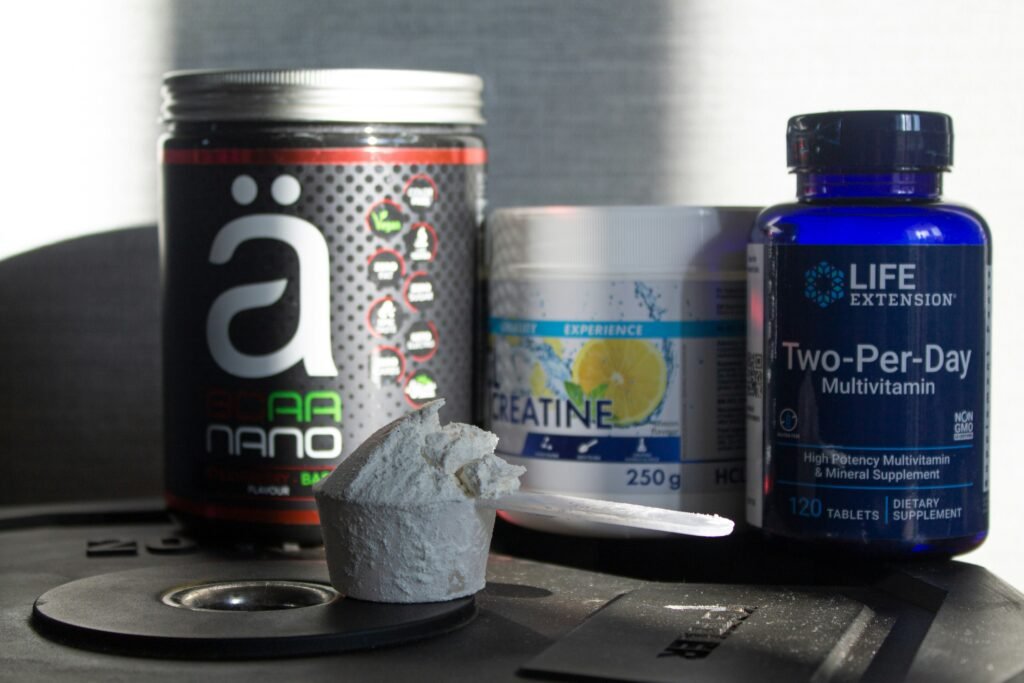
Choosing Wisely:
1. Creatine Monohydrate
Creatine monohydrate is the most studied and widely used form of creatine. It’s known for its effectiveness in improving strength, endurance, and muscle mass. It’s also the most affordable option.
Example:
If you’re new to creatine, creatine monohydrate is a great place to start. It’s reliable and has been proven to work for most people.
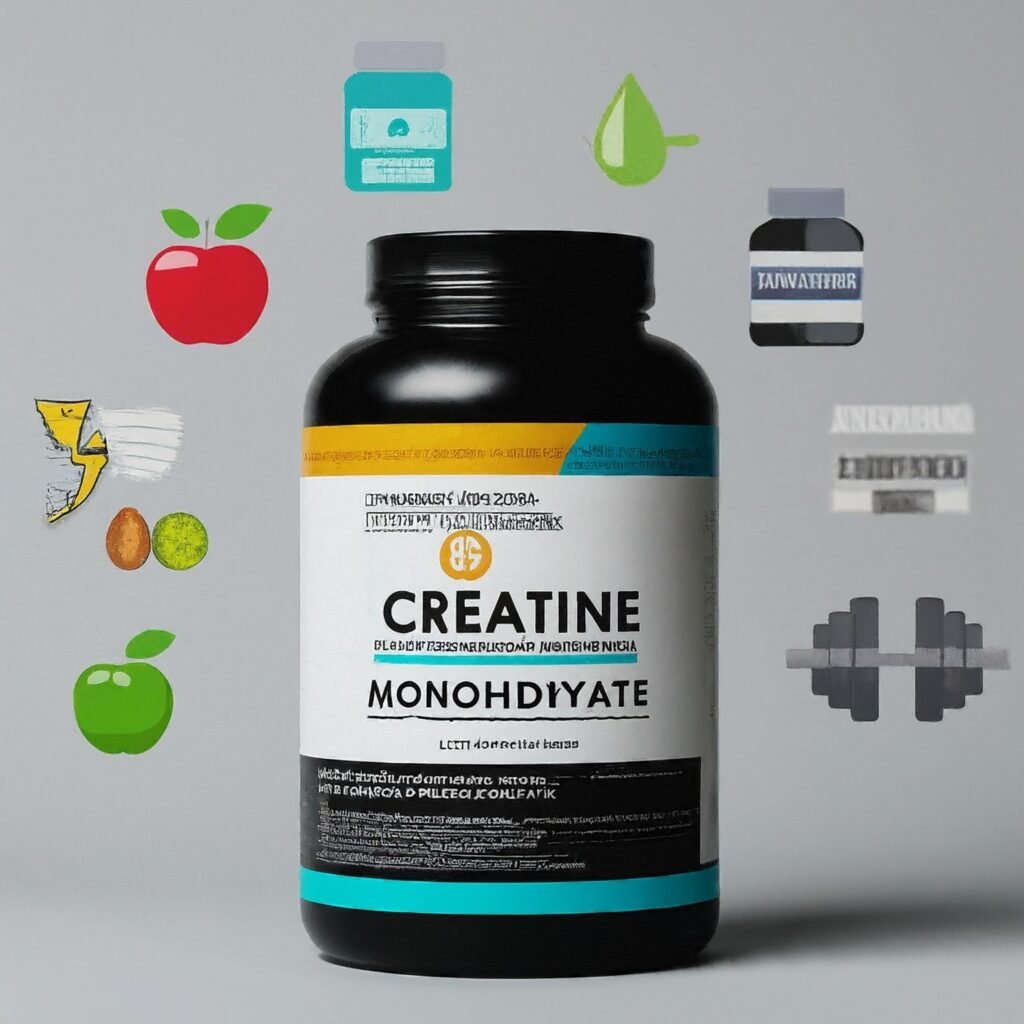
2. Creatine Hydrochloride (HCL)
Creatine HCL is known for its high solubility, which means it dissolves better in water and may be easier on the stomach. It’s a good choice for those who experience bloating or digestive issues with creatine monohydrate.
Example:
Lisa, a CrossFit athlete, switched to creatine HCL because she found it easier to digest and it didn’t cause any bloating.
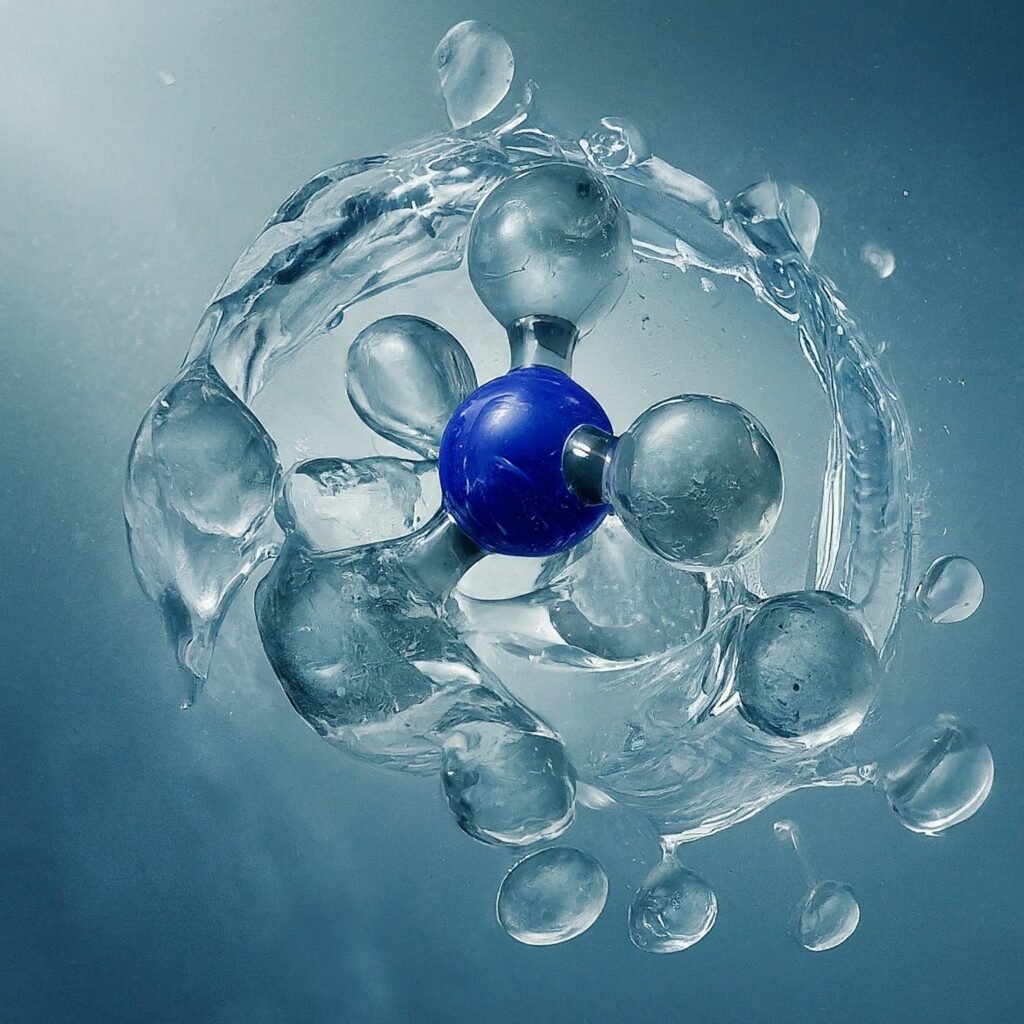
3. Creatine Ethyl Ester
Creatine ethyl ester is another option that is said to have better absorption than creatine monohydrate. However, it’s less common and more expensive. Some users prefer it for its perceived enhanced absorption, but the scientific backing is less extensive compared to monohydrate.
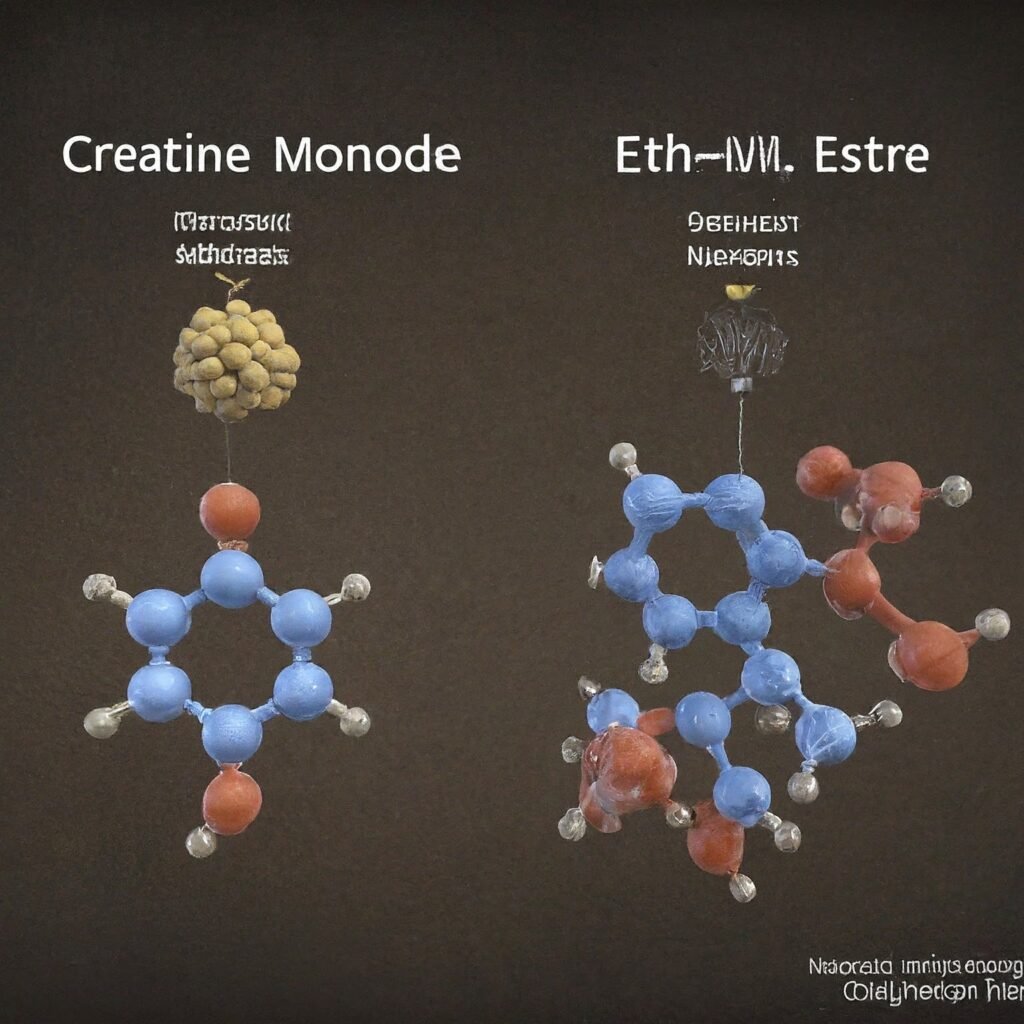
Choosing the Right Type for You:
When deciding which type of creatine to use, consider your personal preferences and how your body reacts to different supplements. If you’re prone to digestive issues, creatine HCL might be a better fit. If cost is a concern, creatine monohydrate offers great value for its proven benefits.
Empowerment:
Recap the Benefits:
Creatine offers a range of benefits for women, from boosting strength and endurance to improving muscle recovery. Whether you’re into weightlifting, running, or any other form of exercise, creatine can help you achieve your fitness goals more efficiently.
Example:
Imagine hitting the gym with more energy and seeing faster results from your workouts. That’s the power of creatine.

Consult a Pro:
Talk to a Healthcare Professional:
Before starting any new supplement, including creatine, it’s important to consult with a healthcare professional. They can provide personalized advice based on your health and fitness goals.

Encouragement to Explore Creatine:
Creatine isn’t just for bodybuilders or athletes. It’s a versatile supplement that can benefit women at all fitness levels. Don’t be afraid to give it a try and see how it can enhance your workouts and overall well-being.

For more knowledge visit the Home page.
for buying or exploring best creatine visit this website.


